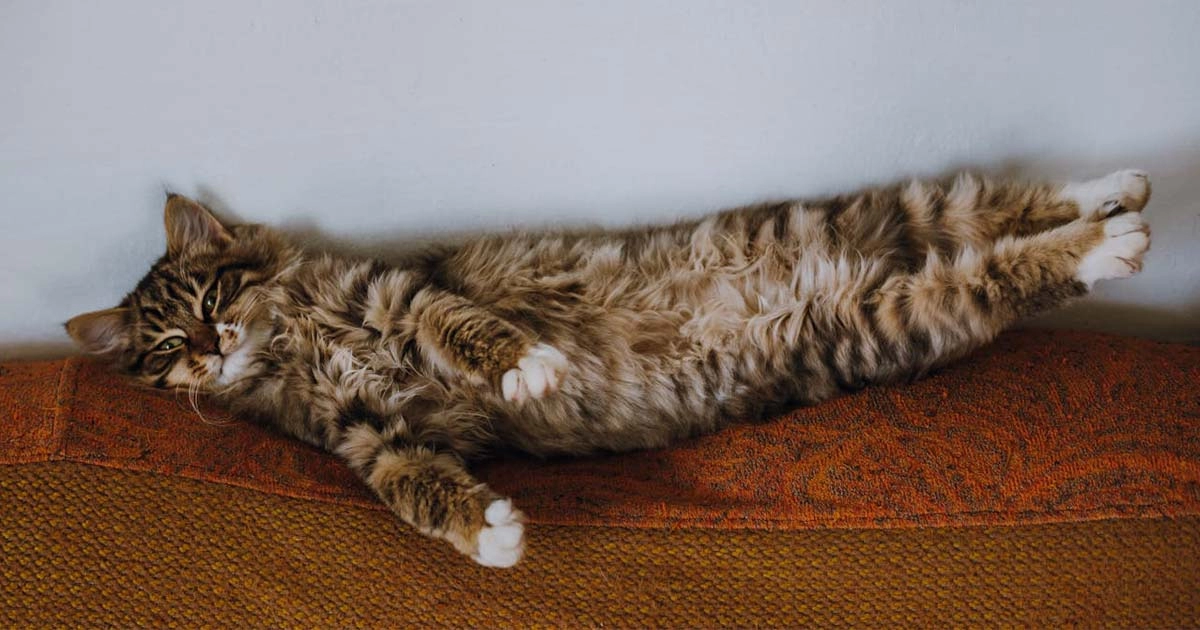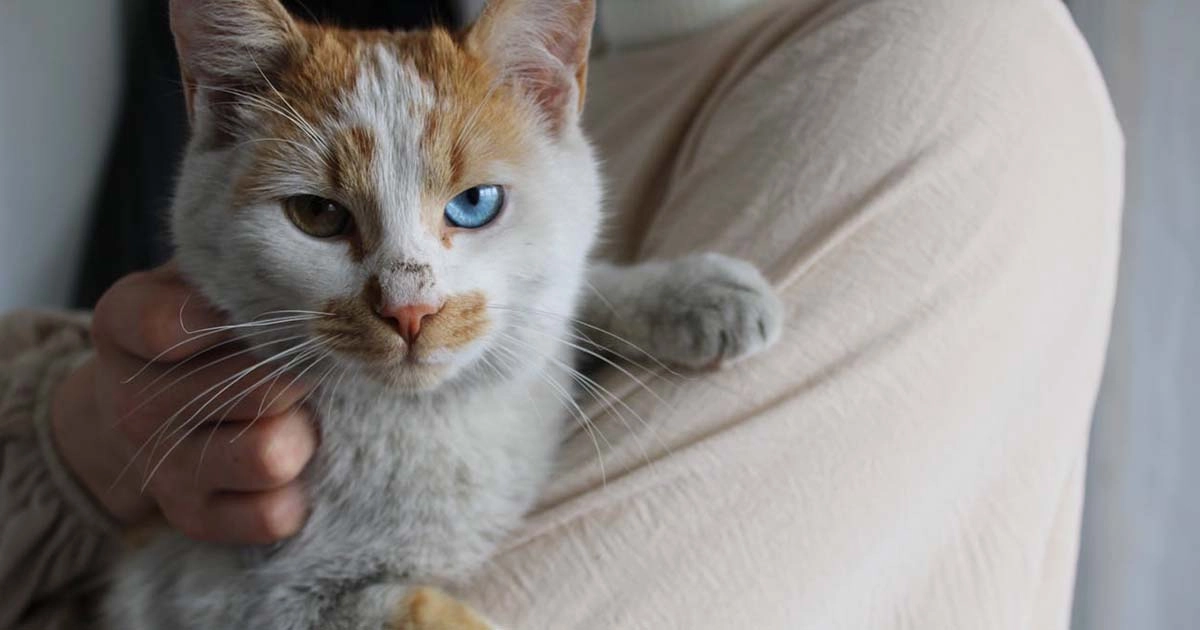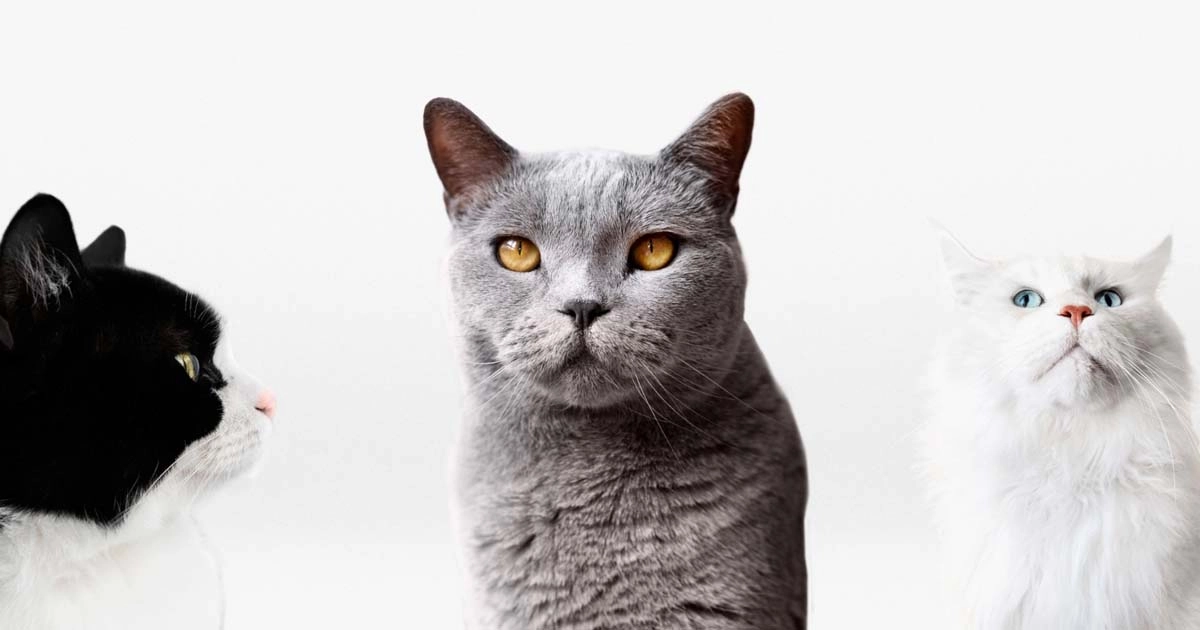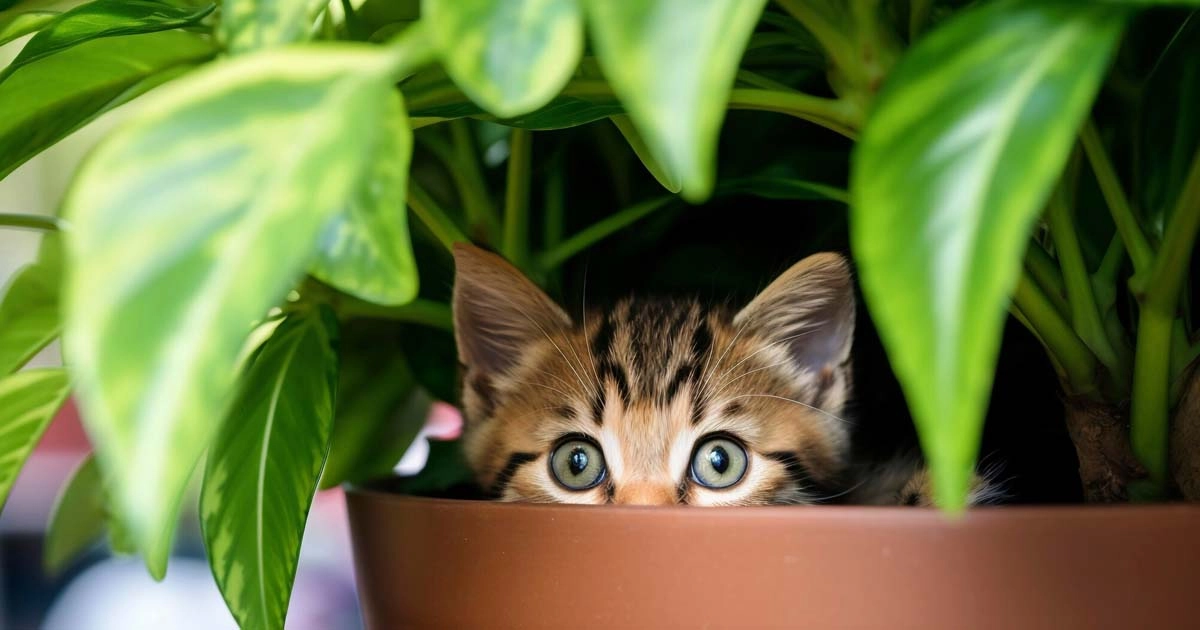Common health issues in cats and solutions

Cat
06/10/2024

Among our common pets, cats require care to maintain their health and liveliness. At Mybestie.gr we know very well what proper care means. Although basically independent, there are different feline health problems that cats are susceptible to, which, if left in their own, could result in very serious complications. Understanding common cat health problems and their solutions can help you take proactive steps to keep your feline companion in top condition.
Table of contents
1. Hairballs
Hairballs are among the general problems cats experience and especially occur in cats with long hair. When a cat cleans itself, it accidentally ingests loose hair that then builds up inside the digestive tract and forms hairballs. Although some hairballs are normal, frequently formed or problematic hairballs may cause blockages in the intestines.
Solution:
- Regular brushing to eliminate the problem of loose hair.
- Special diets and hairball remedies are available. These include various lubricants to help your cat eliminate hairballs with less difficult.
2. Obesity
Obesity has now become a valid concern even for cats, particularly those that are staying indoors and who have pretty low levels of activity. Overweight cats may run the risk of developing several health issues, such as diabetes, arthritis, and heart disease.
Solution:
- Ensure your cat's weight is in control and provide portion-controlled meals.
- Give time to play and also try out interactive toys to keep them more engaged in activities.
- Those cats that are really overweight may need a diet plan prescribed by a vet.
3. Dental disease
They are also prone to dental problems such as gingivitis, tooth decay, and periodontal disease. Poor oral health could result in pain, difficulty while eating, and other severe infections which could spread to other body parts.
Solution:
- Regular dental check-ups with a vet.
- Daily or weekly tooth brushing using a cat-safe toothpaste.
- Dental treats and toys designed to improve oral health.
4. URIs or upper respiratory infections
Just like humans, cats can get the common cold; in felines, this condition is known as upper respiratory infections. This is rather well-seen among kittens and cats from shelters. The symptoms include sneezing, coughing, runny nose, and lethargy.
Solution:
- Isolate the infected cat to stop the spreading of illness.
- Provide a humidifier to ease breathing.
- Visit the vet for possible antibiotics if the infection is bacterial.
5. Urinary tract infections (UTIs)
UTIs are relatively common, especially in male cats, and can be very painful or even life-threatening if not treated. Symptoms include painful urination, bloody urine, and frequent trips to the litter box with no results.
Solution:
- Keep your cat well-hydrated.
- A high-moisture diet will help, such as one that is fed wet.
- Seek immediate veterinary care for diagnosis and possible treatment with antibiotics.
6. Parasites
Parasites are one of the major problems with cats and are even more affecting when they are outdoor cats. Fleas, ticks, and worms or tapeworms and roundworms, which cause itching, hair loss, weight loss, and anemia.
Solution:
- Regular use of flea and tick prevention products.
- Routine deworming based on the recommendation of your vet.
- Clean bedding and environment to prevent reinfection.
7. Chronic renal failure
Chronic renal failure is a very common condition among older cats. It can lead to a gradual decline in health, with possible symptoms being increased thirst, urinating more frequently, weight loss, and poor coat condition.
Solution:
- Regular veterinary check-ups for monitoring renal function.
- Special diets aimed at kidney health.
- Greater water intake, often through wet food or cat fountains.
8. Diabetes
Of the serious conditions that are usually associated with obesity in cats, diabetes is at the top of the list. It could manifest through increased thirst, frequency of urination, weight loss, and lack of energy.
Solution:
- Insulin injections or oral medications as prescribed by a vet.
- A closely tagged diet which can help in the regulation of the blood sugar level.
- Monitoring of your cat's glucose regularly.
Understanding these common health problems and their solutions often faced by cats will fully enable you to let your cat live a long, healthy life. Many of them can be prevented through regular visits to the vet, proper nutrition, and grooming. Remember, early detection ensures successful treatment; hence, one should always be alert with changes in behavior or health.











